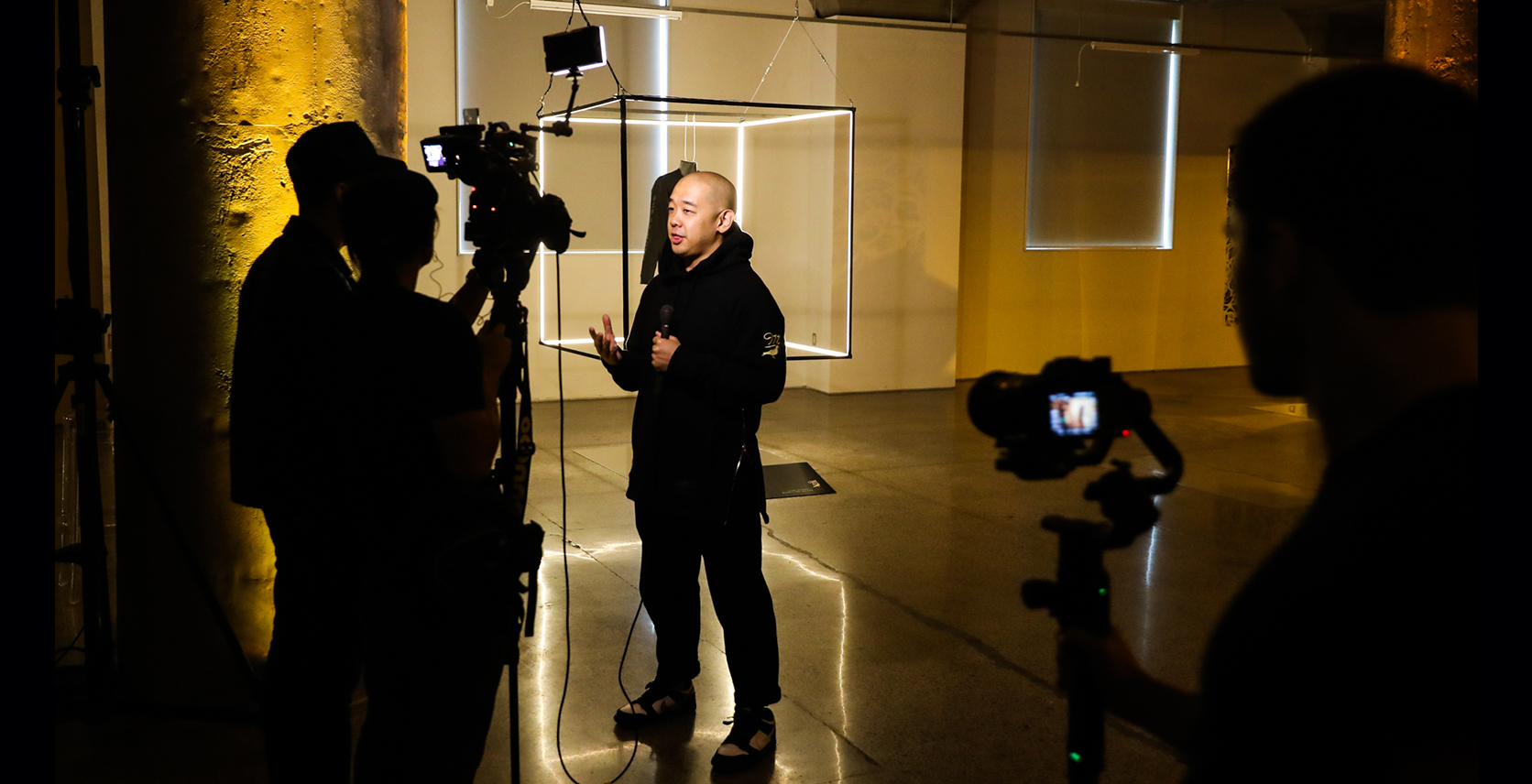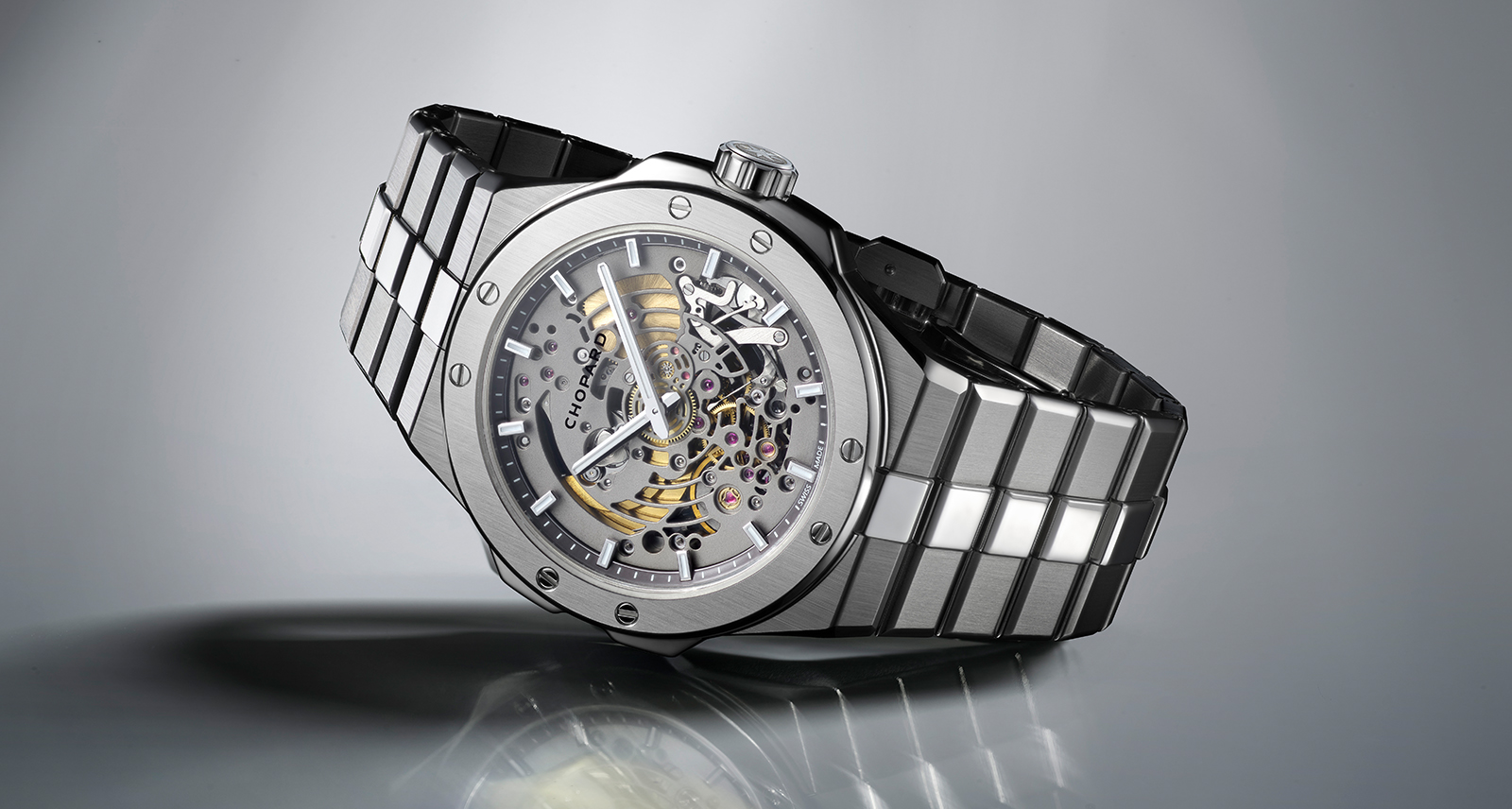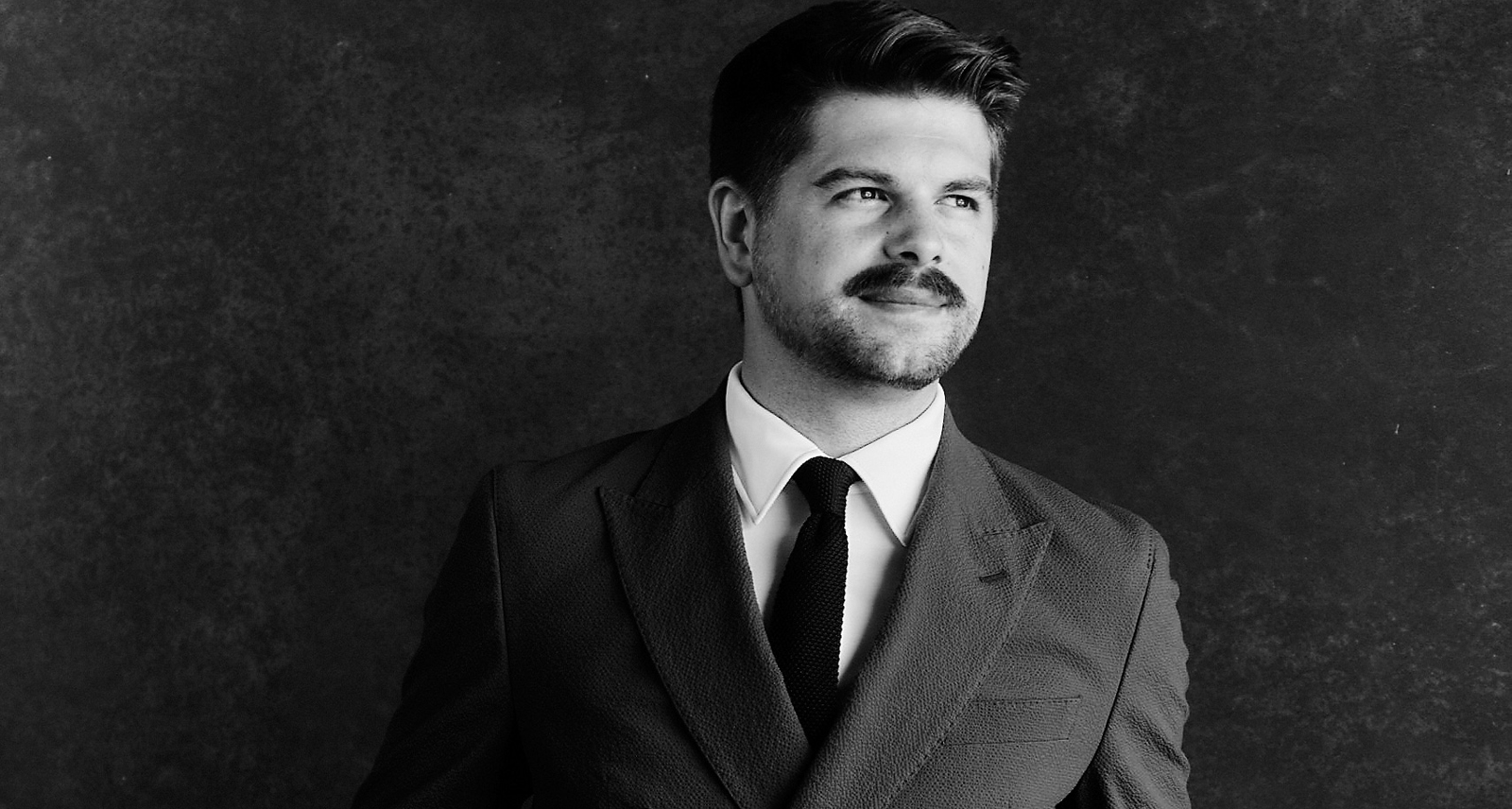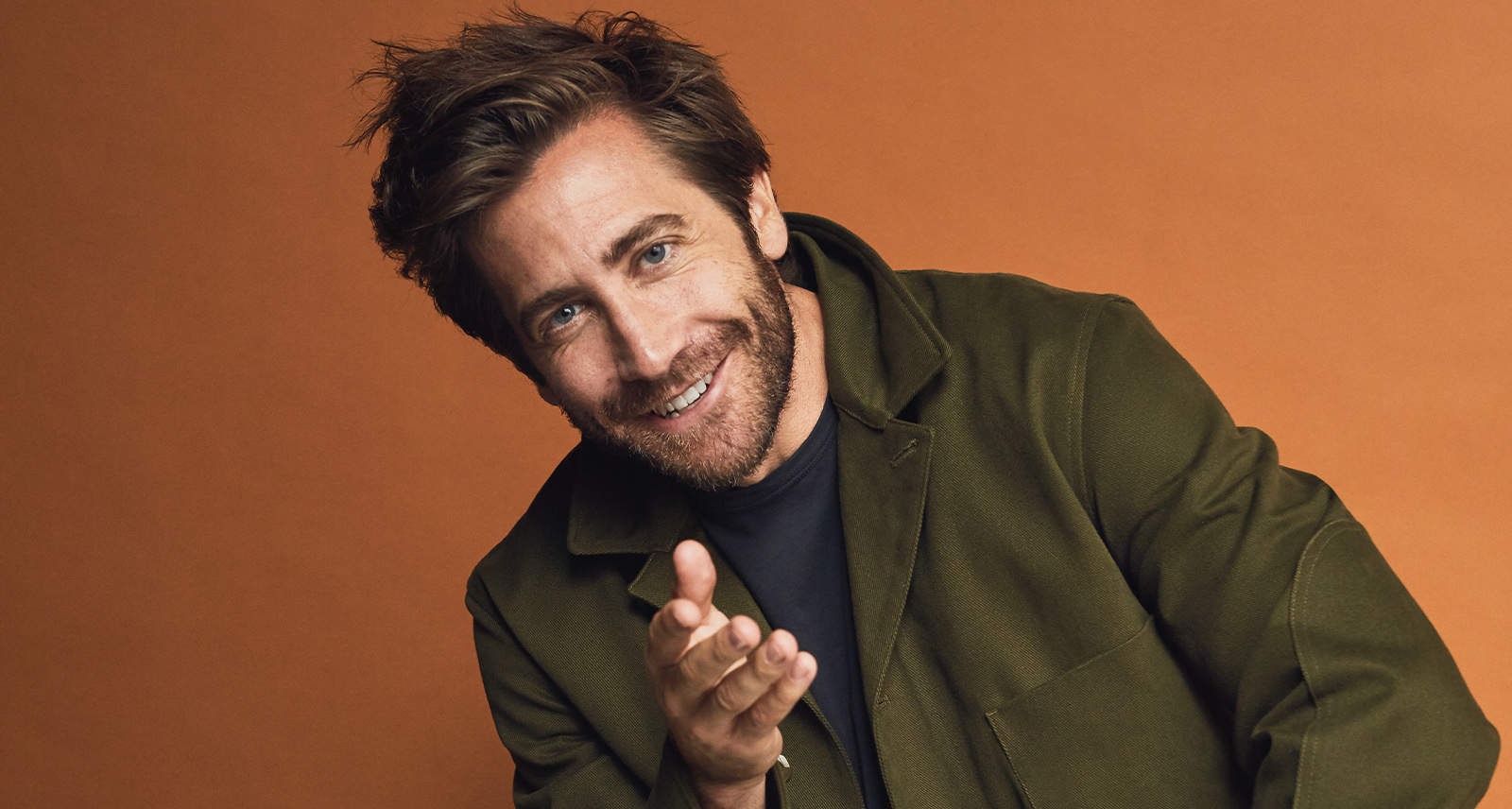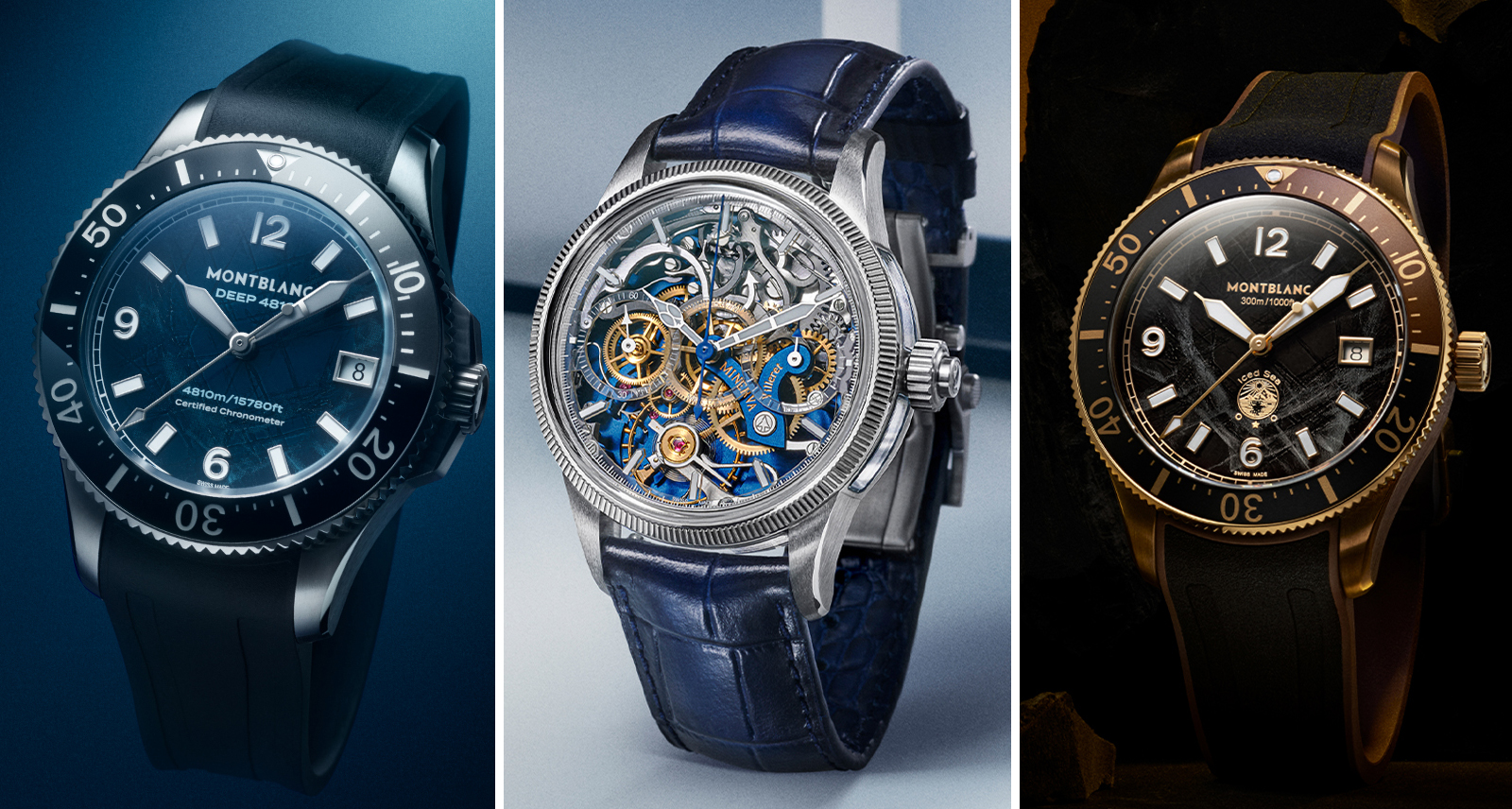Staple Design’s Jeff Staple on Streetwear’s Past, Present, and Future
In 1997 Jeff Ng walked into his local streetwear store in New York City wearing a T-shirt he had made. The manager asked him where he got it, and then placed an order for 12 more. Within a few years Ng’s company (named Staple Design after his streetwear alter ego, Jeff Staple) was a successful fashion/graphic design/marketing studio collaborating with some of the industry’s biggest brands. In 2005, when a limited-edition drop of his Staple Nike SB “Pigeon” sneaker caused a small riot outside Staple Design’s retail store, Jeff Staple became a streetwear legend.
Staple’s pigeon logo can now be found on limited edition collabs with everyone from Adidas to Levi’s to Uniqlo, with a rabid legion of fans waiting to cop each new release. His latest project is a global collaboration with Miller Genuine Draft created with input from a Russian graffiti artist, a South African fashion designer and Toronto photographer Elie Kimbembe. On the eve of the Canadian capsule collection’s June 20th drop, we spoke to Staple about the rise of streetwear, the art of the collab and where it all goes from here.
Staple Design is a pretty unique outfit. How do you describe what you do?
In essence, what we have is a 360-degree circle of being able to conceive, manufacture, market, and sell, injecting street culture, music, fashion, sneaker culture, all into that.
What did streetwear look like when you started out?
Streetwear before, in New York City, was like 100 people, and there were like five stores in the world that supported streetwear. Now, Supreme being valued at a billion dollars and Virgil Abloh going to Louis Vuitton are hallmarks of how big this thing has gotten, but back then it was super small.
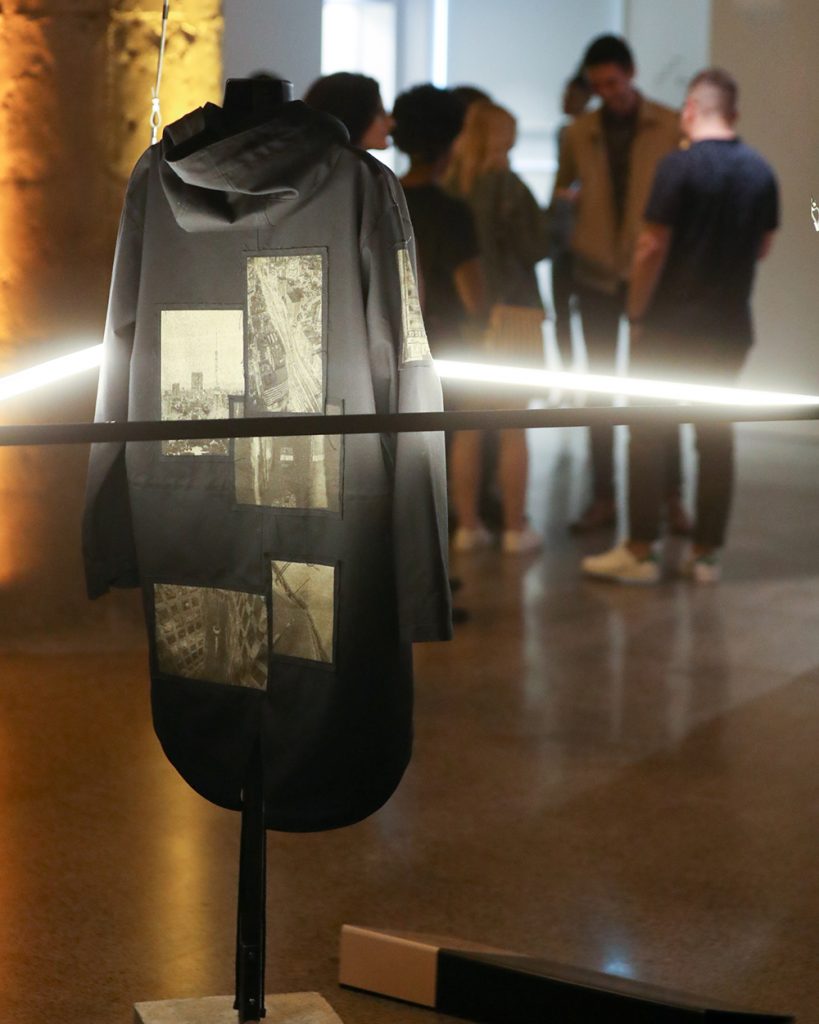
What do you attribute your brand’s success to?
The balance to a successful brand I imagine as a sliding scale. On one end of the scale you have being on trend, and a lot of brands that come out are really good at capitalizing on that. On the other side of that spectrum you have consistency and longevity. If you slide all the way over to the consistency side you’re going to come out looking pretty bland after a few years. But if you’re Anti Social Social Club or Hood by Air, you make a ton in a very short time, but are your children really going to be wearing an Anti Social outfit? I’ll bet they won’t be, because they’re not focused on consistency or longevity. I’m not trying to make the hottest trap record, I’m trying to make 20 albums. But to each his own.
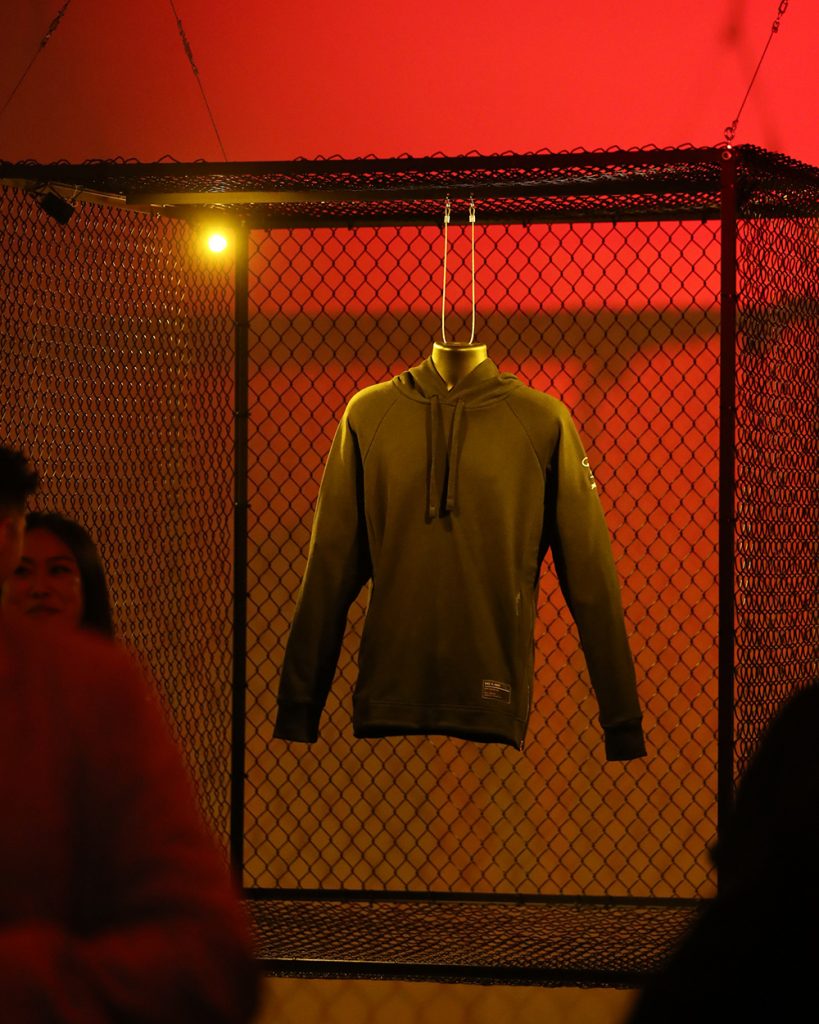
Did you plan on becoming a designer or was it more of an evolution?
When I started silkscreening shirts I didn’t think it could be a career, that a person of colour, son of an immigrant family, could own a fashion brand in America, that was beyond comprehension for me. If I didn’t go into that shop and get that 12-shirt order, I’d probably be an accountant right now.
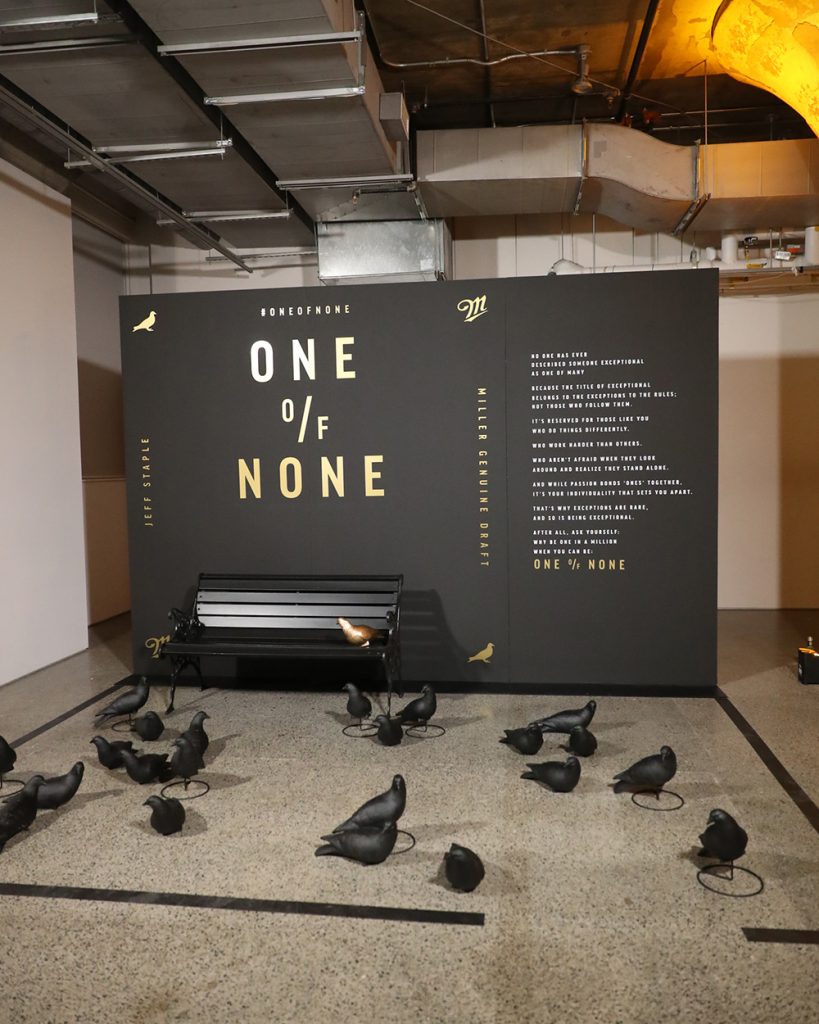
The riot over your Pigeon SB is the stuff of sneaker legend legend. Did you engineer that?
What happened with that Pigeon Dunk, you couldn’t put that on a PowerPoint presentation. We didn’t think, ‘We’re going to make this shoe with Nike, we’re going to release it in limited numbers, we’re going to have a riot break out and we’re going to be on the front page of the Daily News the next day.’ You couldn’t write that script!
Now that streetwear culture is so mainstream do you think it puts the genre at risk?
I don’t think it’s damaging, I think it’s energizing. It’s like what happened to hip hop. In the ’70s and ’80s hip hop was super niche and even when I was in high school in the ’90s people were saying this trend of hip hop would die. Now, I think Spotify just said that hip hop is the biggest demographic, bigger than pop music and country music. I think street culture is on its way to being that. It used to be a niche thing, it went through a phase where everyone said the sneaker bubble was going to burst, but just looking at StockX and GOAT and Stadium Goods, they just got invested in by LVMH. I think at worst what’s going to happen is that street culture as we know it today is going to become pop culture. On the other hand, I think it could evolve into something better. That’s the best case scenario, when designers like Aime Leon Doré or Awake or Heron Preston are extending what streetwear means.
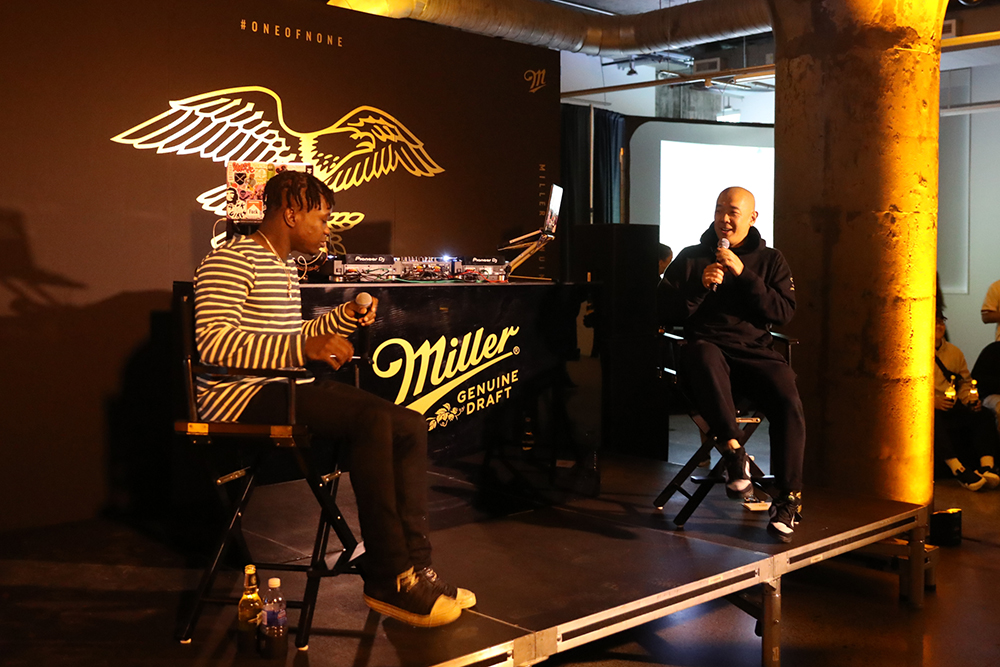
Do you think that kind of mainstream popularity makes it harder for street culture to evolve?
My biggest concern is that subcultures aren’t able to organically flourish and germinate as they should. Whether it’s turntableism or comic book collecting or manga, these subcultures spent decades growing. But now if 20 kids are into this really weird thing, in six months something’s going to go viral and it’s going to be the next overnight success. That changes the way a culture develops, and it’s really hard for a culture to develop organically now without being scrutinized under the magnifying glass of social media now.
Is there anyone outside of streetwear you’re really into right now?
I don’t really own that much streetwear. My whole wardrobe basically consists of Aether and Rag & Bone… well-made blanks. I’m developing 18 months ahead, so by the time it’s available for me to wear I’m tired of it. It’s like the worst problem that designers have. Like my friends who work at Nike just wear black Monarchs, because they can’t actually wear what they’re designing and by the time it comes out they’re tired of it. So I end up wearing the plainest stuff.
